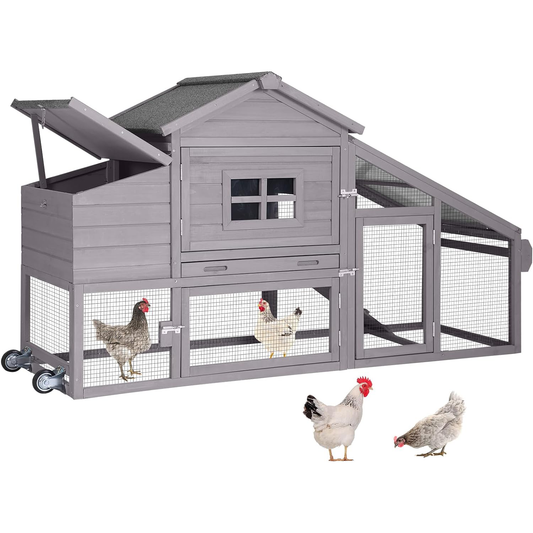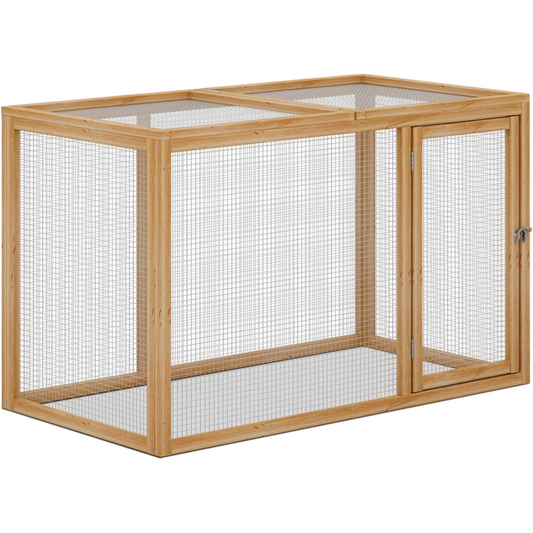How to Vaccinate Chickens: A Comprehensive Guide
A crucial aspect of raising chickens is ensuring your flock is vaccinated against potential diseases. Vaccines can help your chickens fight specific diseases, such as avian influenza, Newcastle disease, and fowl pox. This article will guide you on how to safely and effectively vaccinate your chickens.
Preparation
Before starting the vaccination process, make sure you have completed the following preparatory steps:
- Research and select the appropriate vaccines: Understand the disease risks your flock might face and choose the corresponding vaccines.
- Purchase vaccines: Buy the necessary vaccines from a reliable supplier and pay attention to the storage guidelines to ensure their effectiveness.
- Prepare vaccination tools: Prepare sterile syringes and needles, or if the vaccine is oral or nasal drops, prepare the respective tools.
- Manage your flock: Isolate the chickens to be vaccinated the day before, ensuring they are healthy and in a fasting state to enhance the vaccine's effect.
Vaccination Steps
- Disinfect: Before vaccination, thoroughly wash and disinfect your hands and vaccination tools.
- Mix the vaccine: If the vaccine needs to be mixed, do so according to the instructions.
- Vaccinate each chicken: Depending on the type of vaccine, it could be an injection, oral, or nasal administration. For injectable vaccines, the injection site is usually the thigh muscle or subcutaneous tissue under the wing.
- Record: Keep a record of each chicken's vaccination date and the type of vaccine administered for health monitoring and scheduling future vaccinations.
Considerations
- Handle the chickens gently during the vaccination process to reduce stress.
- Observe the vaccinated chickens for any adverse reactions promptly.
- Ensure all vaccine storage and handling guidelines are followed to maintain their effectiveness.
Conclusion
Vaccinating your chickens is a vital preventative measure that can help protect them from a variety of diseases. By following the guide above, you can ensure that you are vaccinating your flock in a safe and effective manner. Remember, regular vaccination is key to maintaining their health and productivity.
Frequently Asked Questions
-
Q: How long after vaccination will the effects be seen?
- A: The protective effects of the vaccine usually start to appear a few weeks after administration, but the specific timeframe varies depending on the type of vaccine.
-
Q: Do all chickens need to be vaccinated?
- A: In most cases, it is recommended to vaccinate all chickens, especially in areas where diseases are prevalent. However, it is best to consult a veterinarian to make a decision based on your specific situation.
No comments



















0 comments